The world needs food. Let’s rephrase that. The world needs farmers to grow food. A line of business that is under constant pressure. Climate change, extreme weather conditions, a growing global population … Not to mention the economic pressure and environmental demands.
So, how can they remain profitable in a changing world when crops stay the same? That’s where we come in. As part of BASF Agricultural Solutions division. We’re all here to help farmers thrive and this is how we do it. In close collaboration with universities and biotech experts across the street and across the globe.
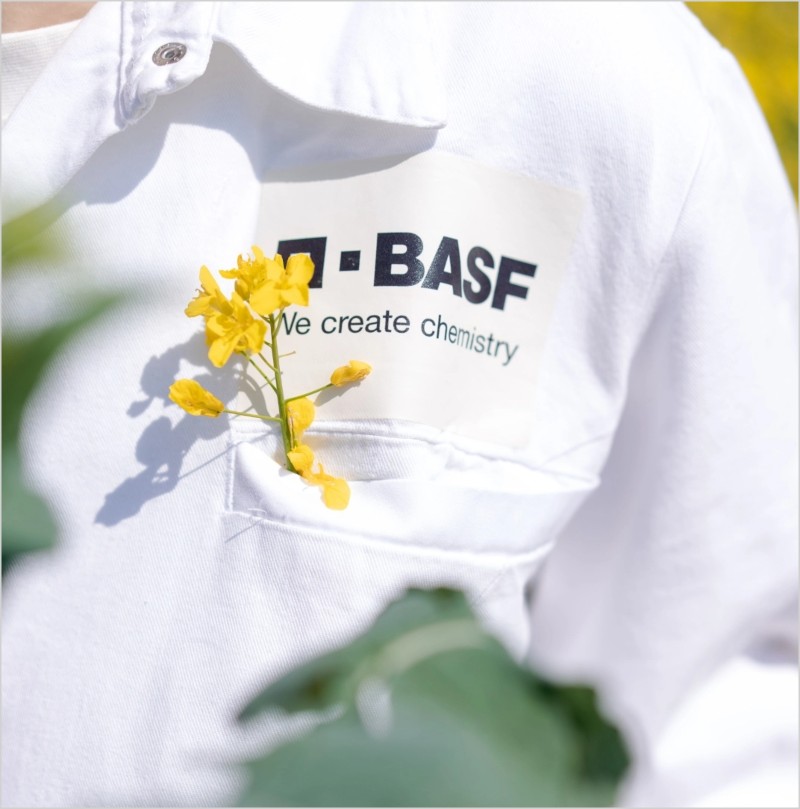
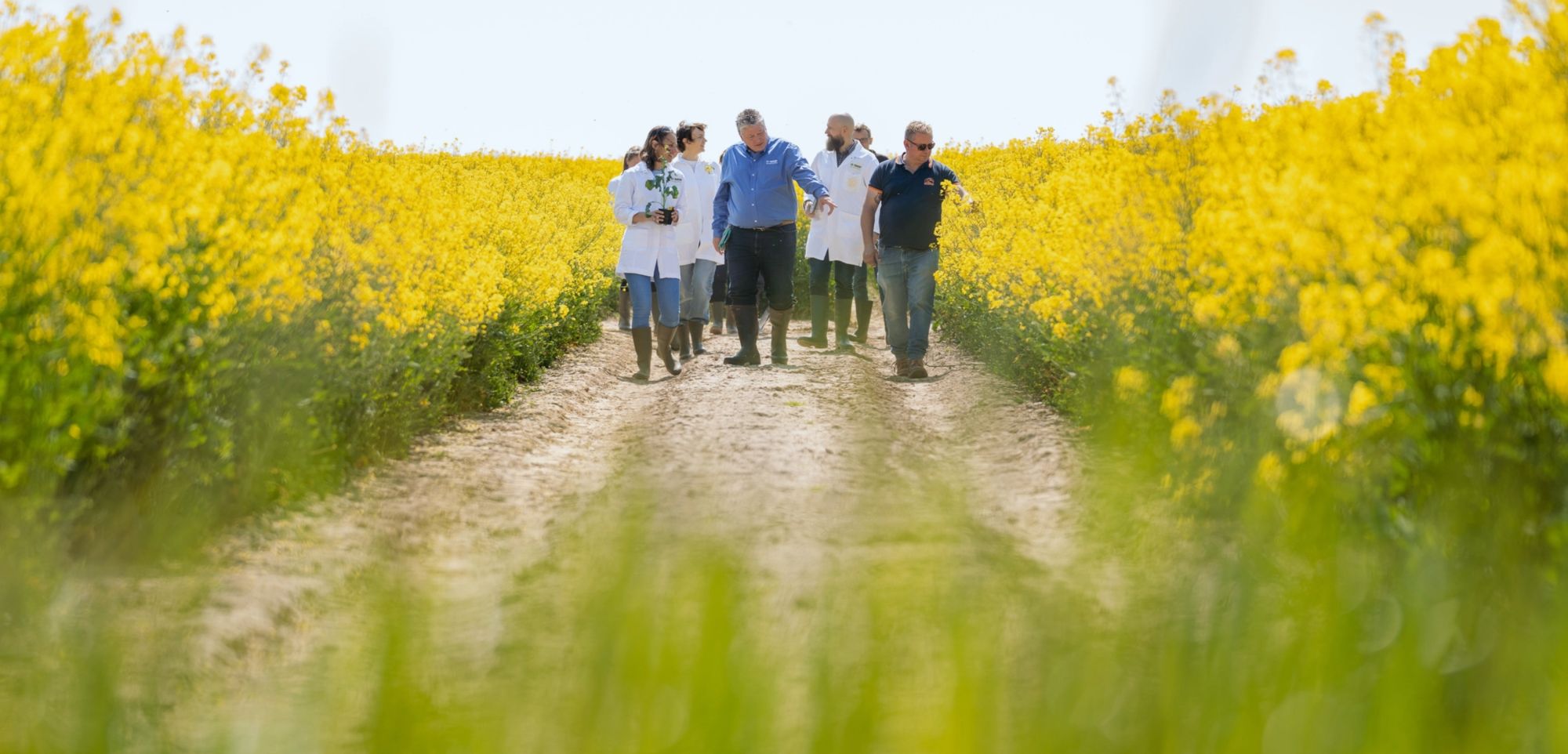
BASF Innovation Center Gent covers every step in the crop innovation process. From early research to the final product. From trait design and creation to breeding, producing and selling seeds. And of course, a lot of testing in between.
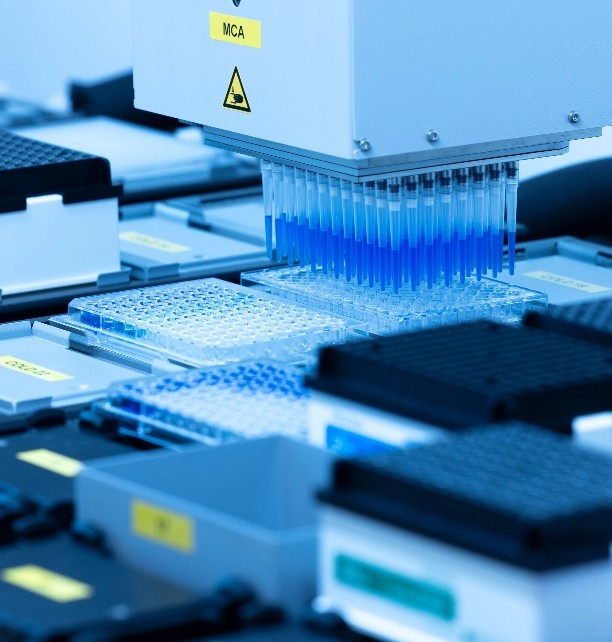
Everything starts with ‘what if’. Our scientists come up with assumptions and projects based on their passion for plants and deep knowledge of genes, traits and biotech.
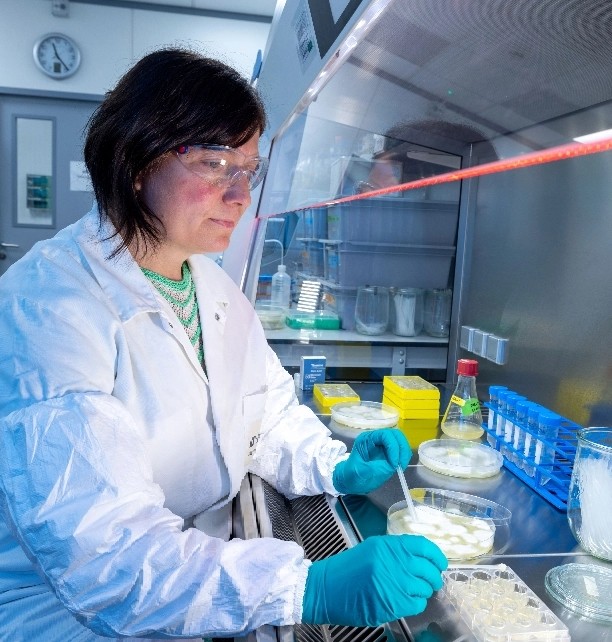
What happens when genes interact and we change them? Only one way to find out. Our researchers and lab technicians modify, cultivate and test traits to verify our assumptions.
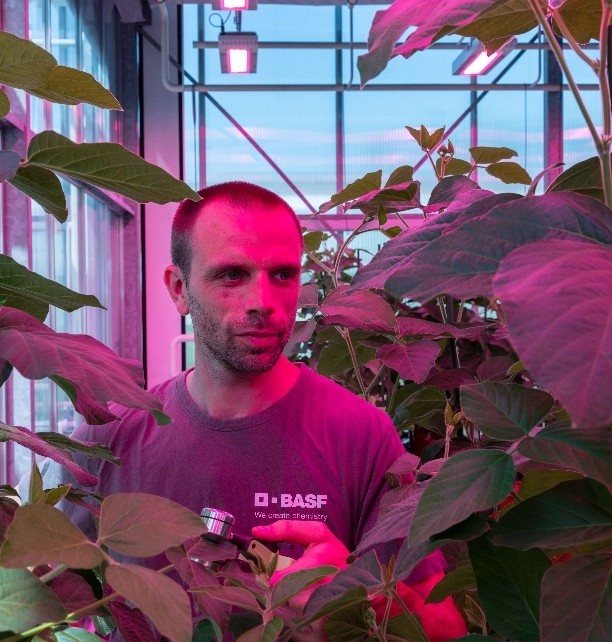
Seems like we’re on to something … Time to start breeding crops and seeds in fields and greenhouses. And of course test our earlier creations, all on a larger scale.
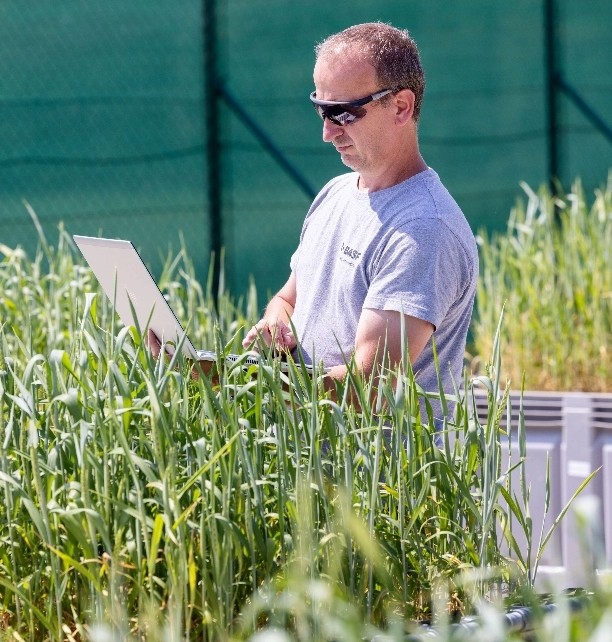
We have a winner! Time to start producing seeds and sell them to large agricultural companies.
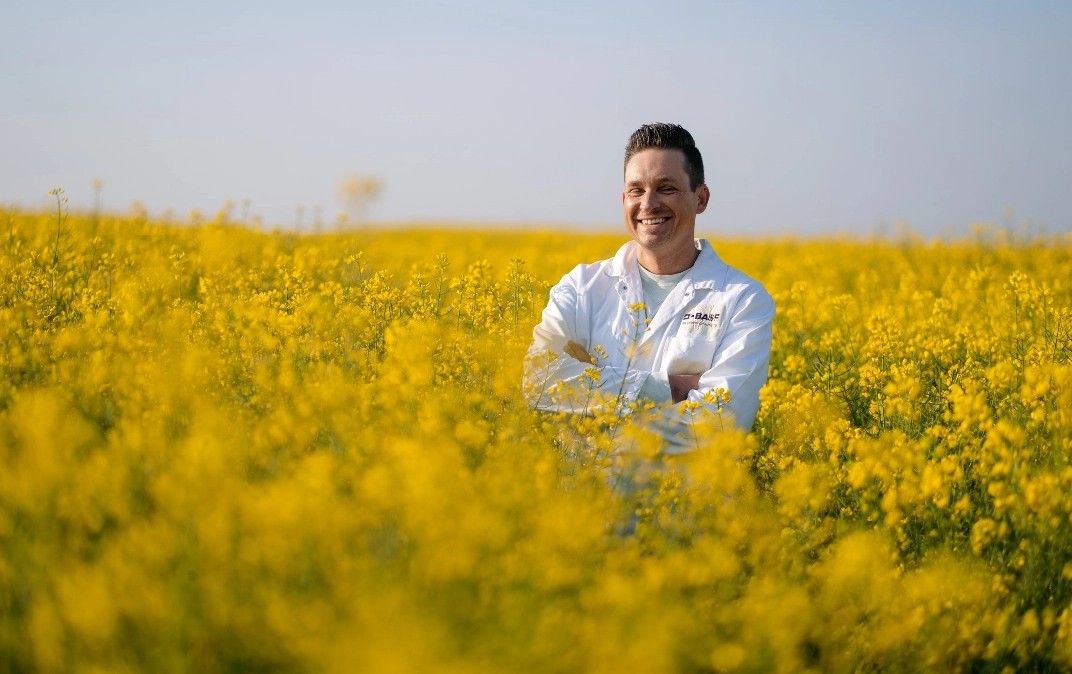
A small change in a gene, a huge leap forward for canola cultivation. The ‘Pod Shatter Reduction’ trait is a genetic solution that allows the pod to remain intact rather than splitting or bursting by preventing seaming of the pod. In 2016, Bart Lambert and his team won a prestigious prize for this innovation.
Pod Shatter Reduction hybrids give growers the advantage of adapting to the conditions around busy harvest time, giving you one less thing to worry about.
BASF is committed to develop Hybrid Wheat to provide to farmers tools to mitigate climate changes and improve the sustainability of the production. Our R&D teams focus on improving yield and yield stability while reducing overall CO2 emission. To achieve this goal BASF combines Seeds, Digital and Crop Protection.
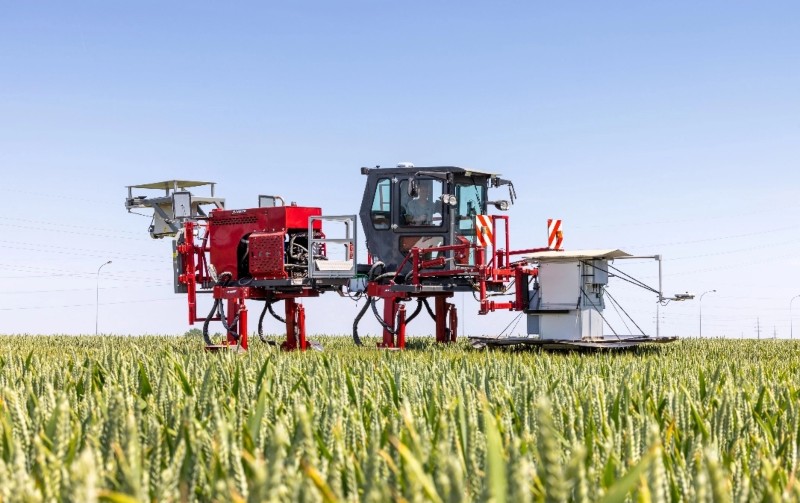
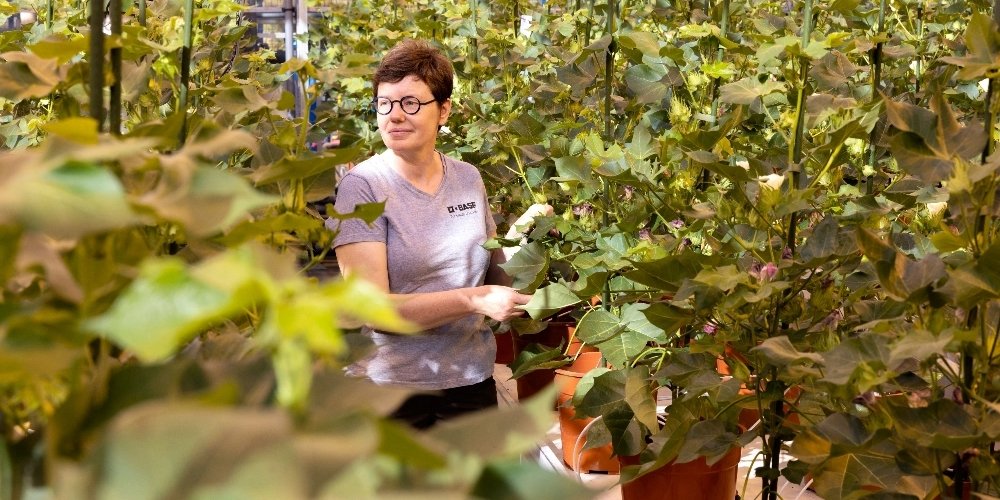
Biotech is big business and Belgium is the world’s leading country in this field. On top, we are part of Tech Lane Park, the biggest biotech cluster in Europe who invests in our research and our future.
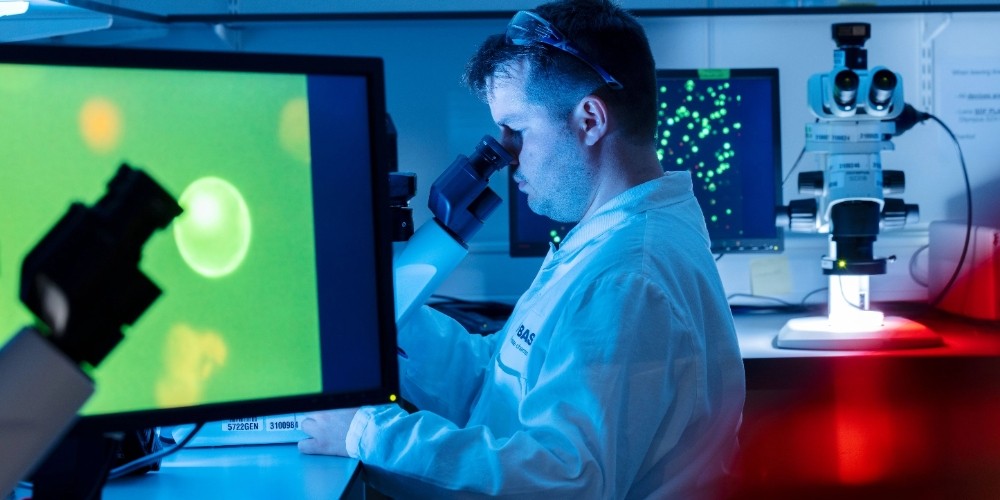
Science is in our genes. It’s the reason we exist. That’s why we work closely together with universities. And test and fact-check every idea we come up with. We are a leading research center and do everything we can to promote sustainable agriculture.
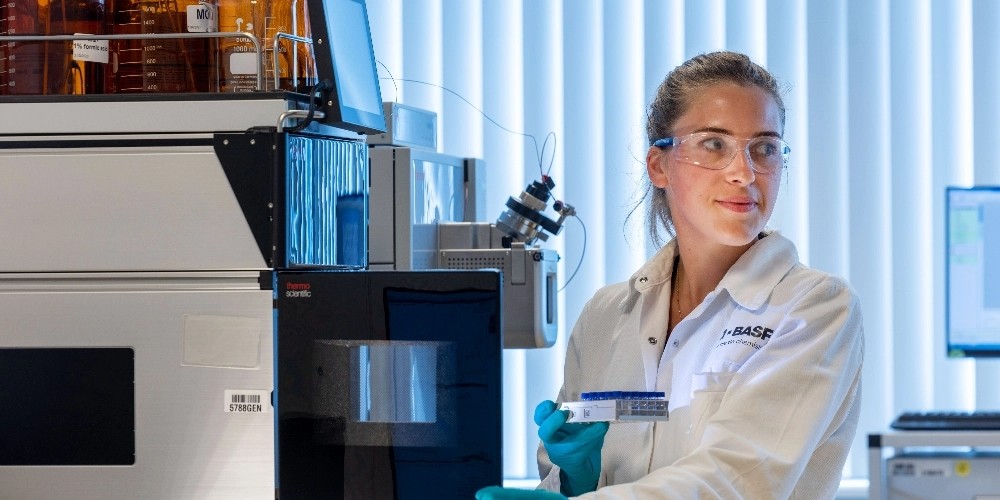
We cover every step from research to production for various specialties. And everything that comes with it. From data and digital to regulatory and IP. That means you get to grow your expertise and knowledge and have many career opportunities. So welcome to explore all options.
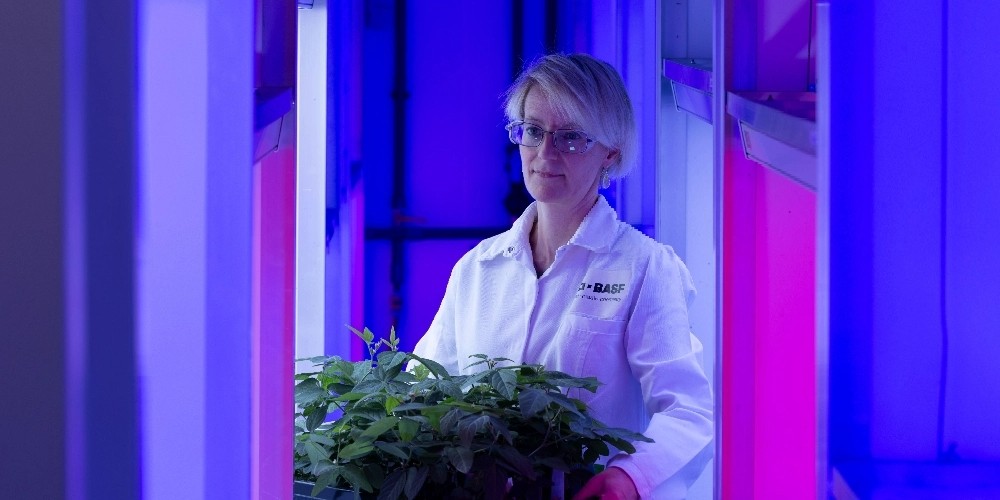
Diversity leads to more innovation. BASF Innovation Center Gent contains almost 30 nationalities and it shows. A variety of personalities and ideas makes for the perfect recipe towards better sustainability.
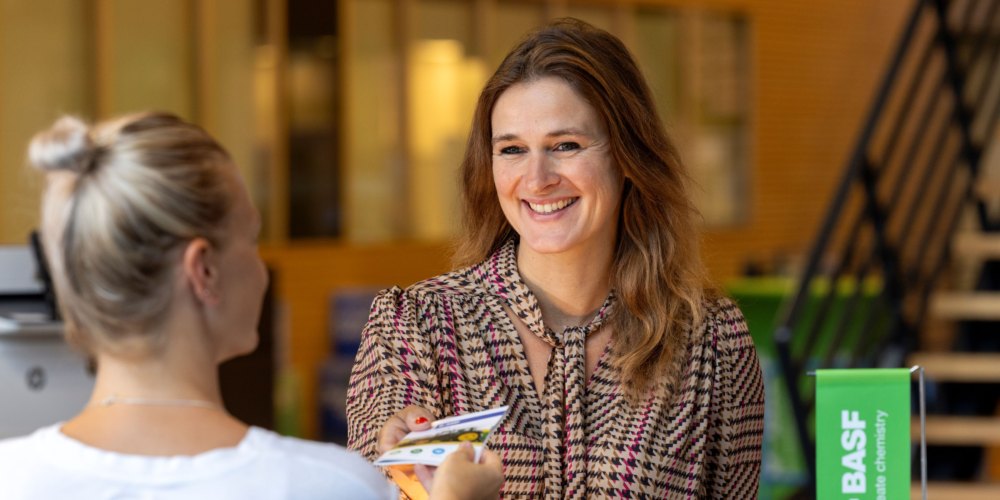
Two of the greatest biologists of their time started a company that would change the future of farming. Visionaries with a love for nature. Determined to create more resistant plants through science. The birth and growth of biotechnology.
It all started in the early eighties with a table and a chair at the University of Ghent. Two of the greatest plant molecular biologists of their time started a company that would change the future of farming. Visionaries with a love for nature. Determined to create better plants through science. The birth and growth of plant biotechnology.
Professors Van Montagu and Schell founded Plant Genetic Systems (PGS), a Ghent University spinoff.
The first insect tolerant plant, together with Rohm and Haas (USA).
First field trials with transgenic crops.
The first herbicide tolerant plants.
The first transgenic sugarbeet plants.
Acknowledged as flagship company during the yearly Flanders Technology International event.
SeedLinkTM is born. A transgenic tool to produce hybrid seeds.
First production of SeedLink hybrid rice in Japan.
SeedLink technology is applied in corn.
Foundation of PGS in Canada.
Inauguration of the Astene research station.
Joint-venture with Proagro in India.
Approval to produce transgenic hybrid Canola in Canada.
Acquisition of PGS by AgrEvo GmbH (Hoechst & Schering).
Introduction of LibertyLink herbicide tolerant corn in the USA.
Major research alliance with the Commonwealth Scientific and Industrial Research Organisation (CSIRO, Australia).
Introduction of FiberMax cotton in the USA.
Merger of Hoechst and Rhône-Poulenc. PGS becomes Aventis CropScience.
Bayer CropScience buys Aventis Crop Science and changes it to Bayer BioScience.
Introduction of LibertyLink herbicide tolerant cotton in the USA.
Inauguration of our research center in Zwijnaarde.
Inauguration of our greenhouse in Zwijnaarde.
First pod shatter reduced Canola plants marketed in Canada after 14 years of research.
BASF buys the field crop seeds and traits branches. We become BASF Innovation Center Gent.
BASF Innovation Center Gent blows out 40 candles! And professor Van Montagu was there to celebrate this milestone with us. A day to remember and treasure.
The consolidation of a big part of the seeds and traits field crop research activities in Ghent. Which led to a significant expansion of our dedicated team.
Follow us on social media:
BASF Innovation Center Gent
Technologiepark-Zwijnaarde 101
9052 Gent, Belgium